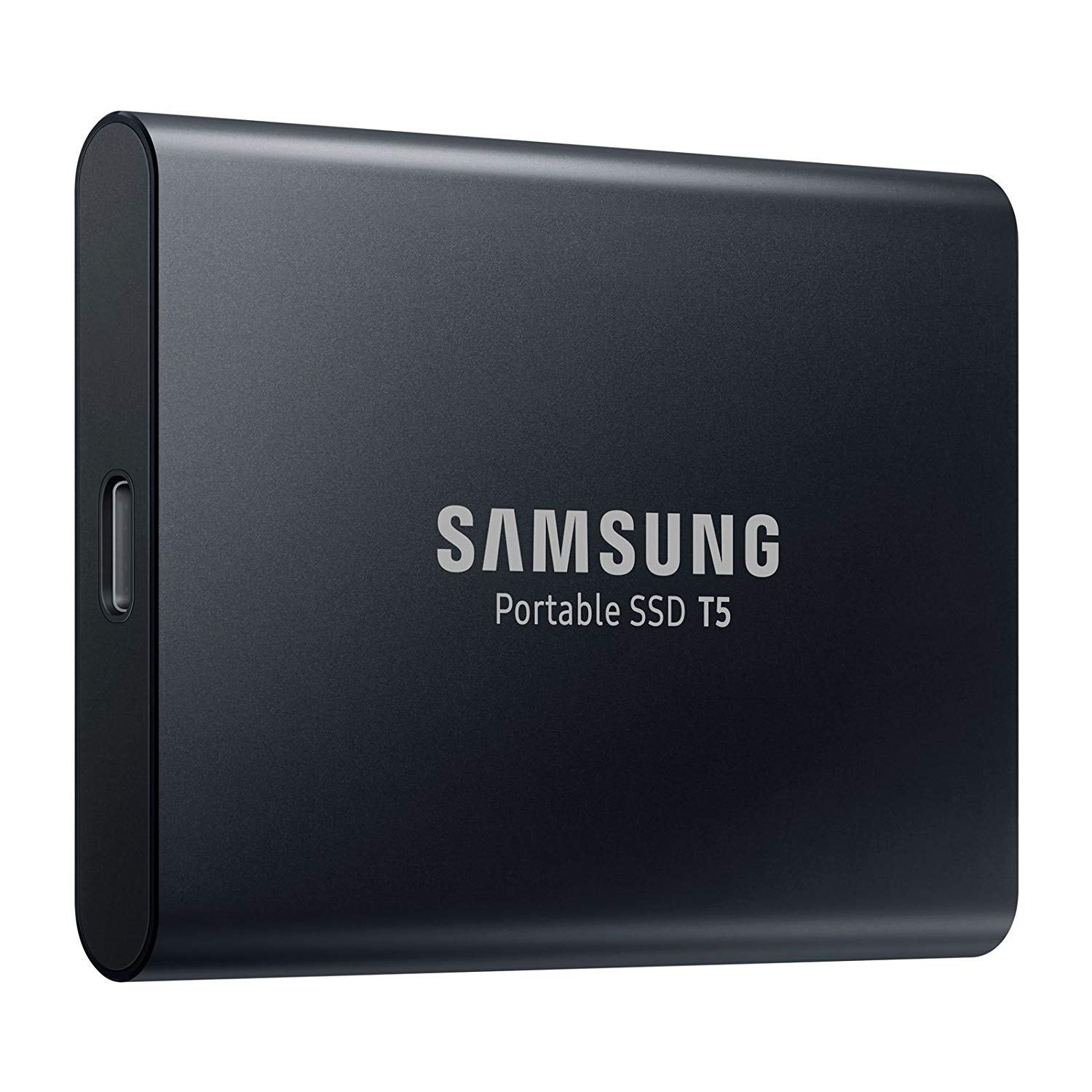

- #Samsung portable ssd app how to#
- #Samsung portable ssd app .exe#
- #Samsung portable ssd app install#
- #Samsung portable ssd app for windows 10#
- #Samsung portable ssd app for android#
If any Android app has no PC version and still you want to use it on Windows computers, then you can download any popular Android Emulators first and install the app using the emulator. Provided by: Samsung Electronics Co., Ltd.ĭownload Samsung Portable SSD App for PC Using Android Emulators.
#Samsung portable ssd app for windows 10#
In this post, we will discuss how you can download the Samsung Portable SSD app for Windows 10 or Mac computers using Android Emulators. With a simple trick, you can download and use Samsung Portable SSD for PC-desktop and laptop. However, if you still want to download Samsung Portable SSD for Windows 7/8/10, then you are in the right place.
#Samsung portable ssd app for android#
It has gained popularity within a short time, and the number of downloads and installations is still increasing day by day.Ĭurrently, you can use Samsung Portable SSD for Android smartphones and tablets, as there is no PC version released yet.

Samsung Portable SSD is a top app in the tools category on Google Play Store, but you can use it for only Android devices.
#Samsung portable ssd app how to#
If you need encryption, perhaps look into an open source Linux-friendly yet multi-platform solution like Veracrypt.1.4 Related posts: How to Download Samsung Portable SSD for PC Hopefully this solve your problem and back up those important data to a Non-encrypted media, if possible. Lastly, it is not Linux's fault that Samsung didn't support at least some major distro like Ubuntu, Red Hat, Debian, SUSE. As this make the encryption less portable, some encryption algorithm allow the saving/exporting of such key for disaster recovery or system migration. If the key was originally created with hardware IDs on CPUs/NICs and with Names like System 's or User's Name or any other combinations, re-creation of such key might need the original hardware and software setting. Strong encryption method's encryption key might be platform and system dependent.

Just a little more about the encryption and the 'Encryption Key'. Search for 'Samsung Portable SSD' in Play store. For example, the T5 can also be run on MacOS and Android. Still another possible solution for SSD that support 'multi-platform' is to try using those other OSs if you have access to them. A last resort to look at would be a virtual machine installation using VMware or VirtualBox. Reinstall Windows back to the same PC if possible, or else a similar hardware spec PC. A side note btw, it's 20190918, Samsung SSD T3/T5 hardware encryption was discovered to have flaw in its implementation. This all depends on how vigorous the encryption method is. If not, hopefully you could still regenerate the same key from preferably the original PC - better chances or a similar configured PC.
#Samsung portable ssd app .exe#
exe application runs on that OS.įirstly if the encryption method originally generated a key that you have saved/extracted into a file, your chances of recovering from it is higher, even on different hardware/platform. above.Ĭouldn't get Windows OS, see if your SSD support Android or MacOS. No Encryption Key? Hopefully you can regenerate that from the program by using the same 'credential' you provided when you first encrypted the disk. If an encryption key was saved/extracted previously, use that for recovery with the application program. I started with DOSv3 and Windows XP was my last personal OS and then upgraded to Linux! For working purpose still stuck with Windows 10. I might be a little too late to help you but would like to share a little, hoping to help someone Googled here like I did. Sorry to hear that my heart sank every time I read about people running into such or similar ordeal. TrueCrypt/VeraCrypt (Linux, BSD with cryptsetup, Windows, OS X). LUKS (Linux and BSD with cryptsetup, Windows with LibreCrypt (beta), OS X only through Linux guest system) and Popular examples for disk encryption system on Linux are If you want to encrypt your data on Linux (or any operating system really), it's always better to opt for vendor-independent, non-proprietary solutions. If you can't, please edit your question or open a new question and include the output of lsusb, sudo lsblk -f and a screenshot of the drive as seen by GParted. If the drive is not encrypted you should be able to use it in Ubuntu right away or at least after installing the exfat-fuse package. If the drive is encrypted and you don't have any (valuable) data on the drive or moved it somewhere else (temporarily), you can repartition, reformat and use the SSD in Linux without additional software. You won't be able to access any encrypted files on the drive from Linux since Samsung doesn't support that. Samsung's proprietary software appears to be only for encryption.


 0 kommentar(er)
0 kommentar(er)
